ORNL licenses high-power wireless vehicle charging technology to HEVO
Green Car Congress
AUGUST 31, 2021
The US Department of Energy’s Oak Ridge National Laboratory (ORNL) has licensed its high-power wireless charging technology for electric vehicles to HEVO. The system provides the world’s highest power levels in the smallest package and could one day enable electric vehicles to be charged as they are driven at highway speeds.

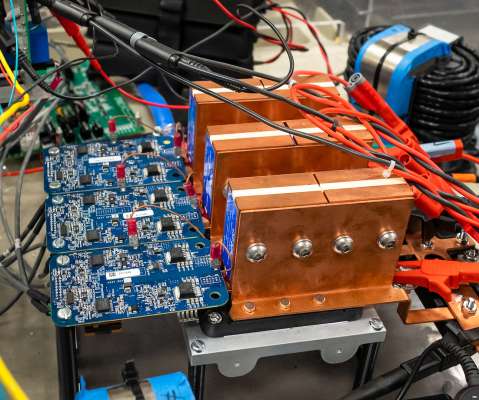
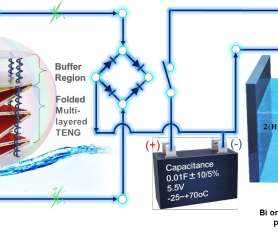




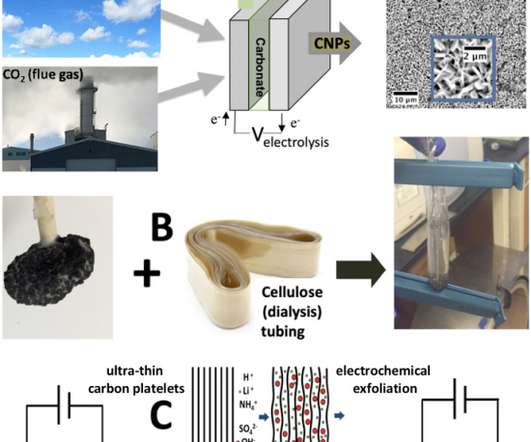
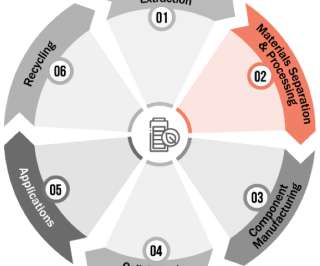






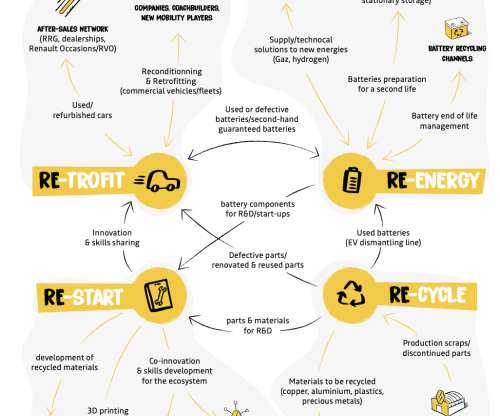







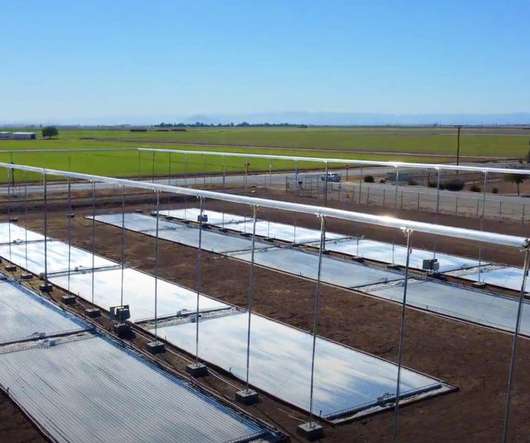






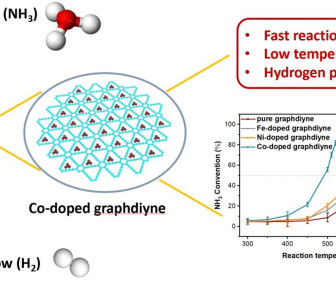









Let's personalize your content